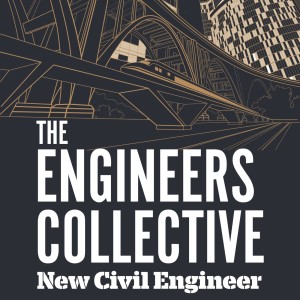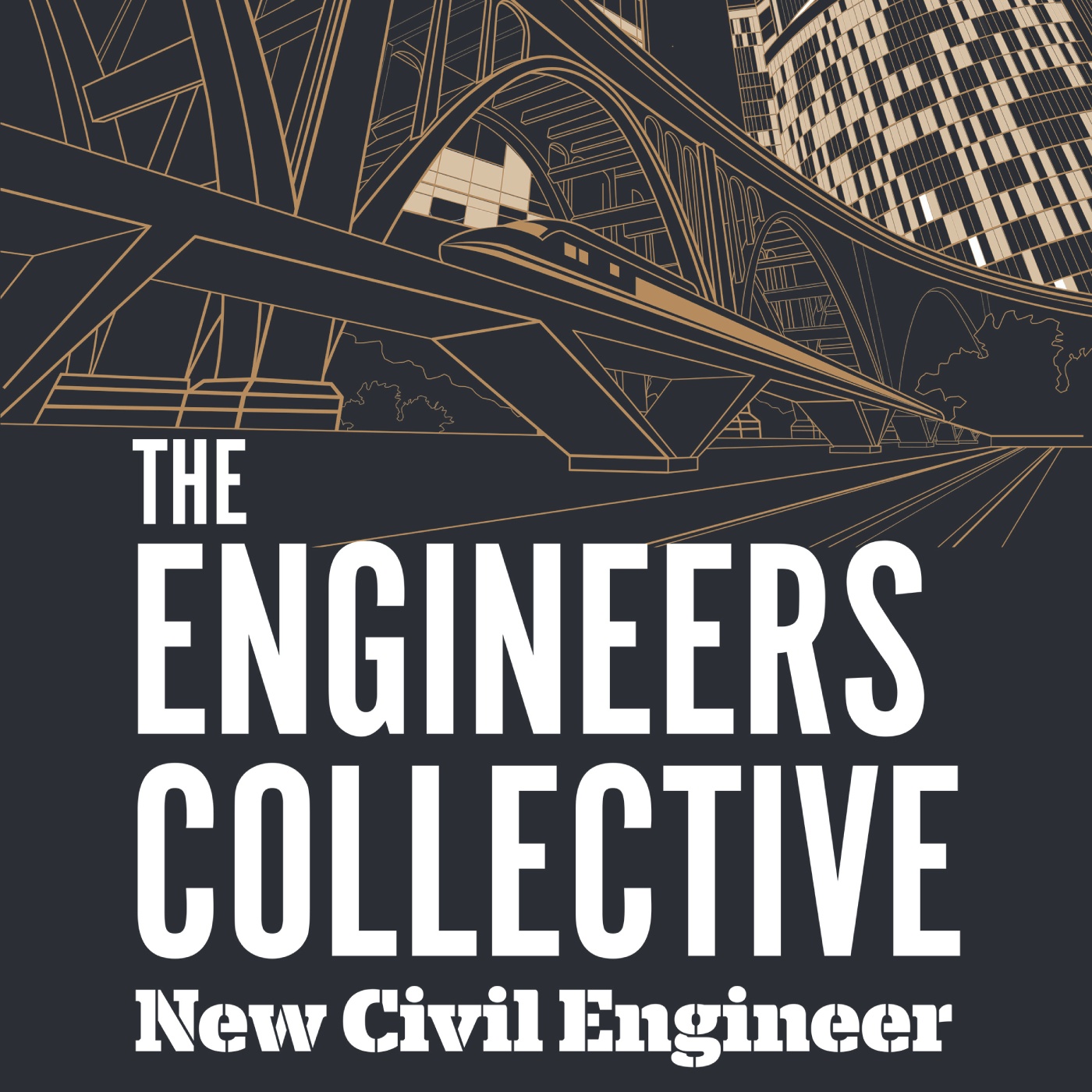Episodes

Wednesday Apr 29, 2020
HS2 notice to proceed, and civil engineering meets circular economy with Stephen Boyle
Wednesday Apr 29, 2020
Wednesday Apr 29, 2020
It’s the end of April, and the fifth week of lockdown in the UK amid the Coronavirus crisis. This month’s episode begins with a conversation about the recent, somewhat surprising ‘Notice to Proceed’ which was given by the UK Government to HS2. Editor of New Civil Engineer, Claire Smith, talks to news editor Rob Horgan and features editor Nadine Buddoo about the ways in which Covid-19 may change our work patterns or the need for large infrastructure projects in the future, and how the crisis is showing the best of civil engineering to the general public.
The guest in this month’s episode is Stephen Boyle, strategic programme manager at Zero Waste Scotland. Stephen is senior member of Zero Waste Scotland’s resource management team and oversees a variety of support services to local authorities, resource management businesses and third-sector organisations. Stephen joins the team to talk about how the civil engineering industry can join the circular economy, embracing change to help us mitigate our impacts on the environment. An increasingly important subject, the climate crisis is very real and Stephen addresses the need for our industry to keep materials in high-value use for longer.
The Engineers Collective podcast is sponsored by Bentley Systems. Read below about one of Bentley’s ‘going digital’ projects, entitled ‘connecting 8 out of Britain’s 10 Largest Cities and Regions’.
The Skanska Costain STRABAG (SCS) Joint Venture brings together the combination of tried, tested, and successful partnerships and worldwide high-speed rail experience for phase 1 of High Speed 2 (HS2), the United Kingdom’s new high-speed rail network that will connect London in the south and Manchester and Leeds to the north. Going Digital with Bentley is helping the digital advancement of SCS’s team in many areas including establishing digital workflows in a connected data environment to provide real-time access to trusted information wherever and whenever it is needed. Its structured digital data requires no manipulation meaning all stakeholders pull information from the same models, ensuring consistency and transparency, while the direct use of engineering models for estimating purposes halved of the time needed versus traditional methods and contributing to the teams work to meet client-imposed carbon savings of 50 percent on the project.
Find out how SCS JV is Going Digital with Bentley and learn more about the project by visiting www.bentley.com/en/goingdigital/rail/scs-railways


No comments yet. Be the first to say something!